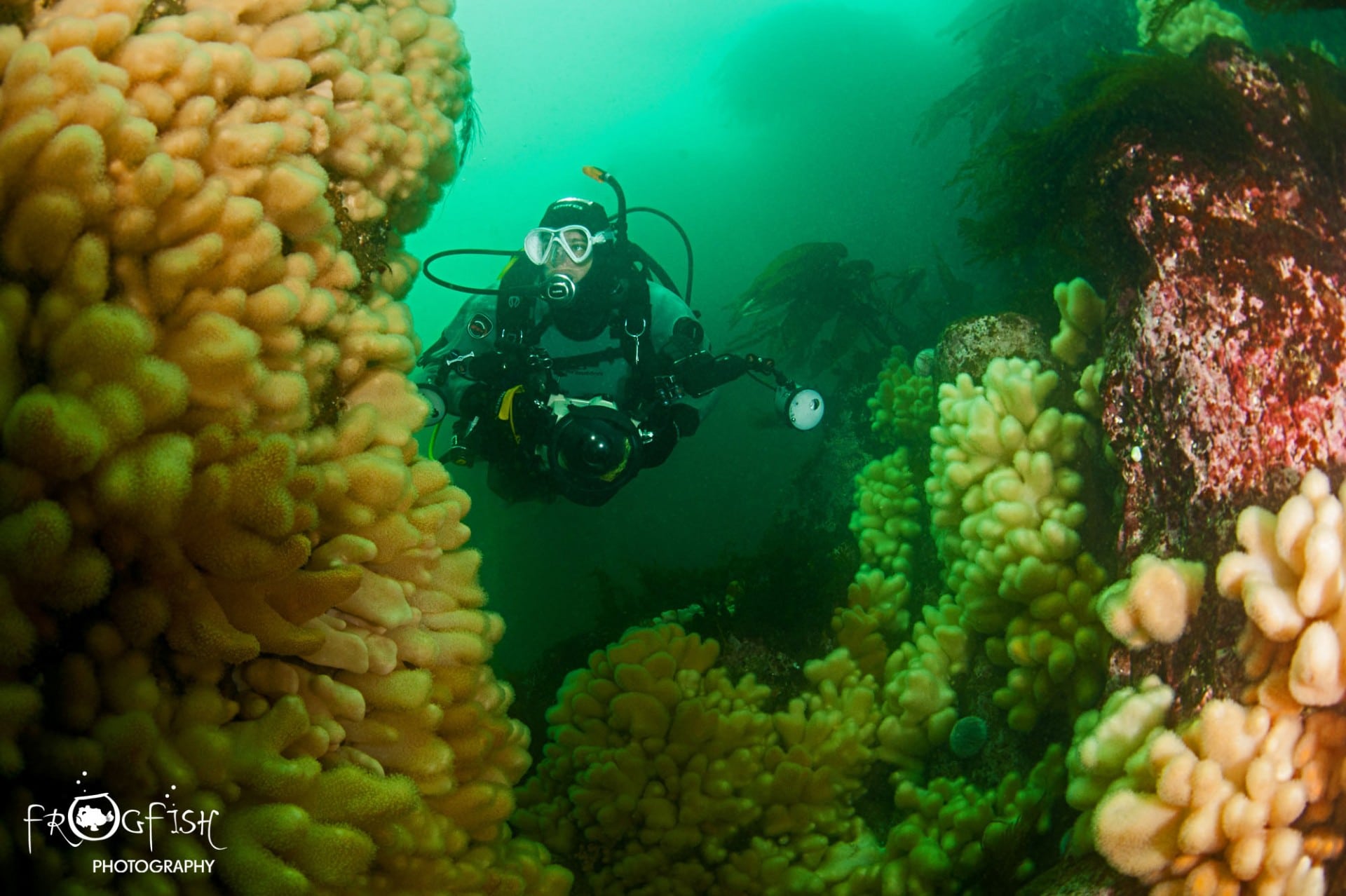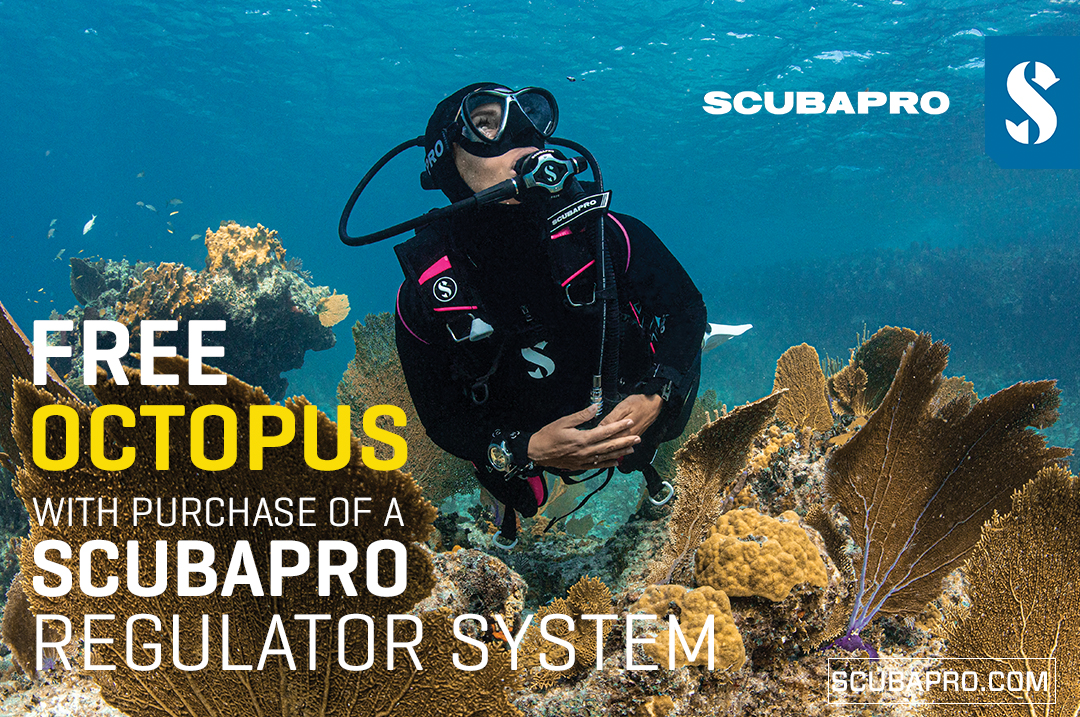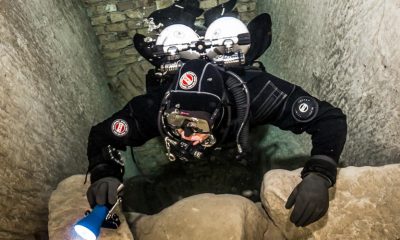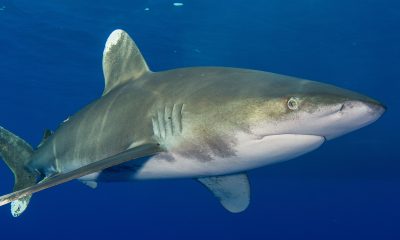News
Third round of Marine Conservation Zone designation could result in 40% of English seas being protected

 Marine Conservation Society says proposed new sites have potential to protect a wide range of marine wildlife and habitats
Marine Conservation Society says proposed new sites have potential to protect a wide range of marine wildlife and habitats
Last week’s announcement that the designation of 41 proposed Marine Conservation Zones (MCZs) for English waters will be open to public consultation over the next six weeks has been welcomed by the UK’s leading marine charity, the Marine Conservation Society (MCS).
However, the charity says that designation is only the first step to creating a network of sites. It says a ‘whole-site approach’ – not just protecting vulnerable parts within a site – to management is key, and that adequate funding must be found to ensure these final sites are not protected in name alone.
“It is fantastic to have this last set of sites proposed after much painstaking work since 2009, when the process to select special places deserving protection began,” says Sandy Luk, MCS Chief Executive Officer. “With every one of them designated, we will have enough of the sea in protected areas to provide a fantastic foundation for ensuring marine life can recover and thrive.”
“Defra’s ambition in its 25 Year Environment Plan is to protect entire sites, and this consultation looks at providing areas with a high level of protection. It has never been more important that we deliver both of these ambitions!”
MCS has been keen to see a ‘whole site approach’ to management of MCZs since the first sites were designated in 2012. Dr Jean-Luc Solandt, MCS Principal Specialist on Marine Protected Areas says: “At last we are seeing the opportunity to provide more comprehensive protection across a variety of habitats that can protect fish as well as worms, prawns, reefs, lobsters, coral and sponges. So far, management of England’s MCZs hasn’t resulted in any meaningful recovery. Perhaps this new approach will finally meet our goals for these important areas.”

MCS says it’s important that sound scientific advice isn’t ignored as has happened in the past when plans to protect many important sites, with plentiful evidence, were shelved.Among the sites put forward for the public consultation, which starts today, is Beachy Head East, which is well known for its offshore reefs, muds and sands around the Royal Sovereign Shoals lighthouse. It extends way offshore, but was initially rejected in the 2013 process and protection for the site was delayed until now. South-west Approaches to Bristol Channel is an area that hosts a reef complex, and a sand and gravel seabed. Recovery of the fish populations and wider species in this rich sea would widely benefit the animals, and migratory species (such as common dolphin, sharks and seabirds) that regularly visit this site.
Further offshore, South West Deeps East is an area that could show phenomenal recovery following intense historical fishing pressure. MCS has received reports of massive hauls of giant mussel-like ‘fan shells’ in the past. Allowing such communities to recover will make the area highly productive once again.
South Rigg, and other sites in the Irish Sea could help recovery of fish such as cod, haddock, ling, and even common skate, a fish that is now extremely rare. Protection of these sites, coupled with a ban on discards from fisheries, could bring greater species richness and better support a thriving fishing community, too.
The Marine Conservation Society urges the public to take part in the consultation, and support the designation of the sites. More information can be found at: www.mcsuk.org/mpa.
News
Dive Worldwide Announces Bite-Back as its Charity of the Year

Over the next 12 months, specialist scuba holiday company Dive Worldwide will be supporting Bite-Back Shark & Marine Conservation with donations collected from client bookings to any one of its stunning dive destinations around the world. The independently-owned operator expects to raise £3000 for the UK charity.
Manager at Dive Worldwide, Phil North, said: “We’re especially excited to work with Bite-Back and support its intelligent, creative and results-driven campaigns to end the UK trade in shark products and prompt a change in attitudes to the ocean’s most maligned inhabitant.”
Bite-Back is running campaigns to hold the media to account on the way it reports shark news along with a brand new nationwide education programme. Last year the charity was credited for spearheading a UK ban on the import and export of shark fins.
Campaign director at Bite-Back, Graham Buckingham, said: “We’re enormously grateful to Dive Worldwide for choosing to support Bite-Back. The company’s commitment to conservation helps set it apart from other tour operators and we’re certain its clients admire and respect that policy. For us, the affiliation is huge and helps us look to the future with confidence we can deliver against key conservation programmes.”
To launch the fundraising initiative, Phil North presented Graham Buckingham with a cheque for £1,000.
Visit Dive Worldwide to discover its diverse range of international scuba adventures and visit Bite-Back to learn more about the charity’s campaigns.
MORE INFORMATION
Call Graham Buckingham on 07810 454 266 or email graham@bite-back.com
Gear News
Scubapro Free Octopus Promotion 2024

Free Octopus with every purchase of a SCUBAPRO regulator system
Just in time for the spring season, divers can save money with the FREE OCTOPUS SPRING PROMOTION! Until July 31st SCUBAPRO offers an Octopus for free
with every purchase of a regulator system!
Get a free S270 OCTOPUS with purchase of these combinations:
MK25 EVO or MK19 EVO with A700
MK25 EVO or MK19 EVO with S620Ti
MK25 EVO or MK19 EVO with D420
MK25 EVO Din mit S620Ti-X
Get a free R105 OCTOPUS with purchase of the following combinations:
MK25 EVO or MK19 EVO with G260
MK25 EVO or MK17 EVO with S600
SCUBAPRO offers a 30-year first owner warranty on all regulators, with a revision period of two years or 100 dives. All SCUBAPRO regulators are of course certified according to the new European test standard EN250-2014.
Available at participating SCUBAPRO dealers. Promotion may not be available in all regions. Find an authorized SCUBAPRO Dealer at scubapro.com.
More information available on www.scubapro.com.
-

 News3 months ago
News3 months agoHone your underwater photography skills with Alphamarine Photography at Red Sea Diving Safari in March
-

 News3 months ago
News3 months agoCapturing Critters in Lembeh Underwater Photography Workshop 2024: Event Roundup
-

 Marine Life & Conservation Blogs3 months ago
Marine Life & Conservation Blogs3 months agoCreature Feature: Swell Sharks
-

 Blogs2 months ago
Blogs2 months agoMurex Resorts: Passport to Paradise!
-

 Blogs2 months ago
Blogs2 months agoDiver Discovering Whale Skeletons Beneath Ice Judged World’s Best Underwater Photograph
-

 Gear Reviews2 weeks ago
Gear Reviews2 weeks agoGEAR REVIEW – Revolutionising Diving Comfort: The Sharkskin T2 Chillproof Suit
-

 Marine Life & Conservation2 months ago
Marine Life & Conservation2 months agoSave the Manatee Club launches brand new webcams at Silver Springs State Park, Florida
-

 Gear Reviews3 months ago
Gear Reviews3 months agoGear Review: Oceanic+ Dive Housing for iPhone
















